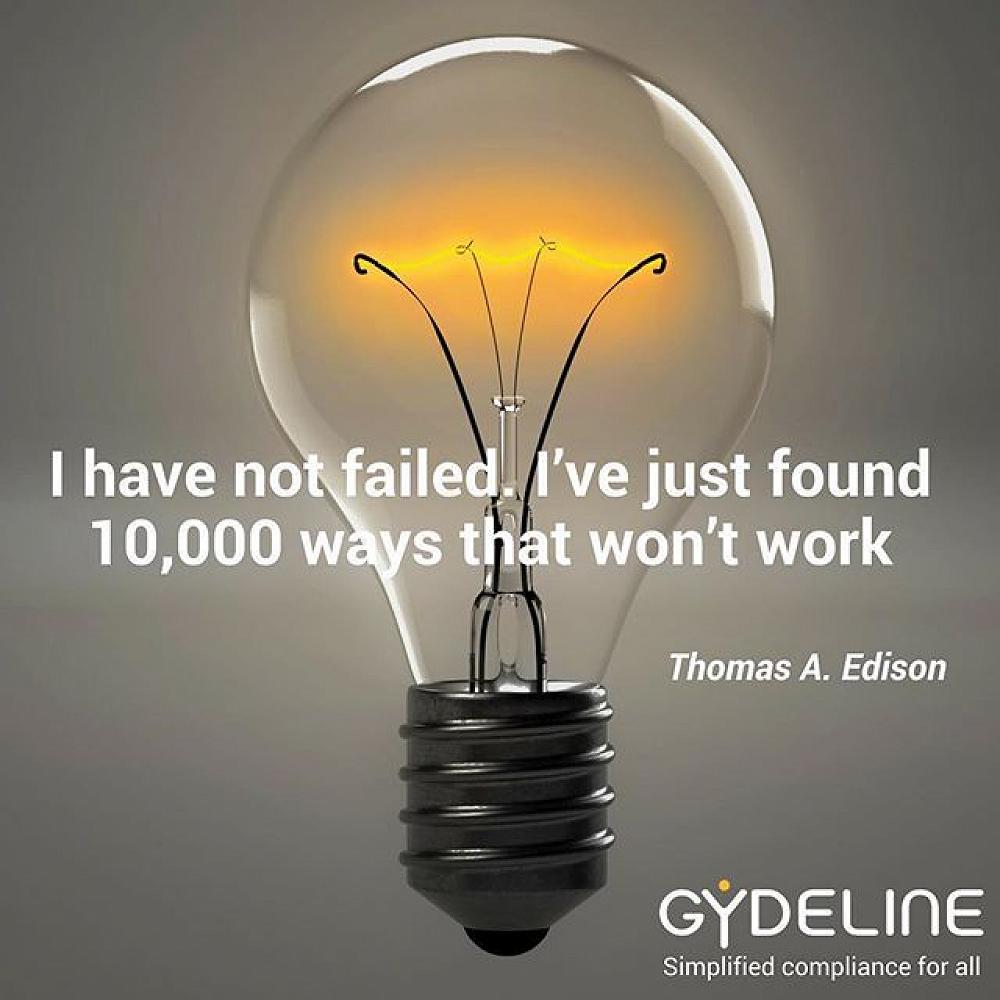
Positive Education: The Power of Failure
Getting something wrong is hard. It tells us that we have weaknesses and misconceptions. Failure takes up our thoughts and causes us to think of the “what ifs” and possible ramifications of our inability.
Academically, failure in major assessments can cause us to miss out on opportunities or not meet the prerequisites for our desired courses or future pathways. But failure can also be a powerful motivator. An informer of areas of focus. By acting on our smaller failures along the path to our goals, the larger failures we so dread can be avoided.
Failure is an important part of the learning process. By getting something wrong, we build up a more detailed and full understanding of an idea. Only in conjunction with eventually getting the problem correct we can truly know something.
Thomas Edison famously said about his many attempts at creating the lightbulb "I have not failed. I've just found ten thousand ways that won't work". It was his iterative process and using the information he gathered from his prior attempts that eventually led him to invent the first working lightbulb. Looking at how and where we may have gone astray gives us insight into the true nature and mechanics of our world.
Creating something new takes effort. Likewise, learning something new to yourself is not easy. However, if it were easy the achievement would be robbed of value. We celebrate those who excel, both on a personal and competitive level. We celebrate them because they are actively pushing themselves do be and do better. If we could all look at a new idea and instantly understand it, then there is no challenge – it would become mundane.
Failure builds resilience. Failing on smaller tasks, and then picking ourselves up and trying again develops skills and mindsets that allow us to cope with larger problems. By continually pushing ourselves to keep going, we turn problems into challenges to be overcome. We then see these issues as the speed bumps that they are, and not the dead ends that they can become. In time this becomes second nature, as we change the way we perceive failure.
Our first reaction becomes attempting to understand the problem, and then to find a way to rectify it. We only truly fail when we stop trying.
